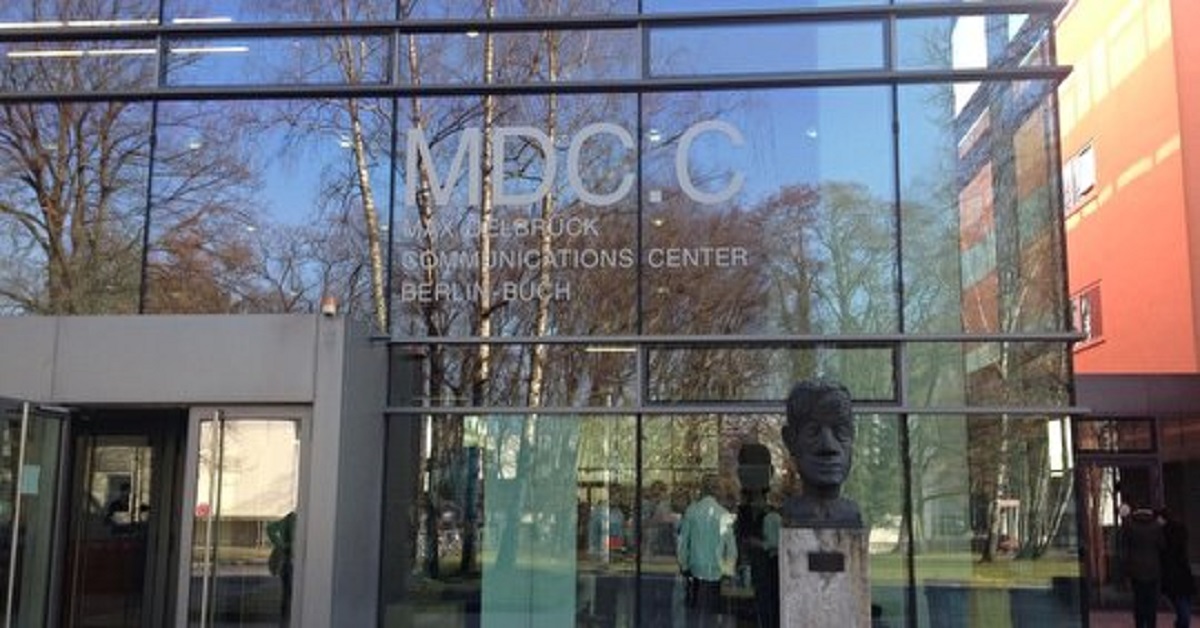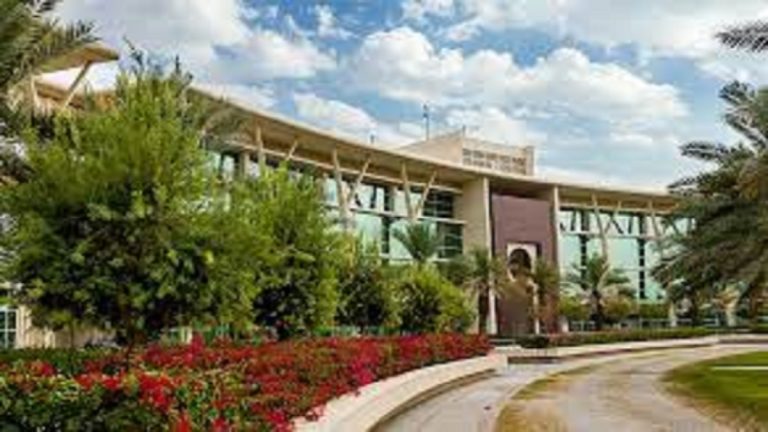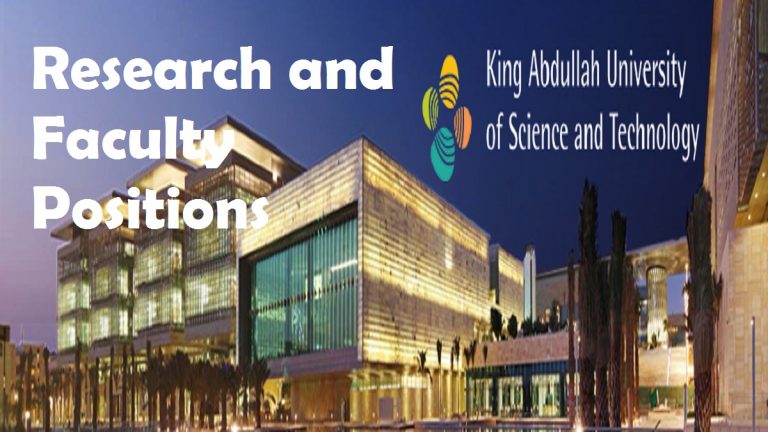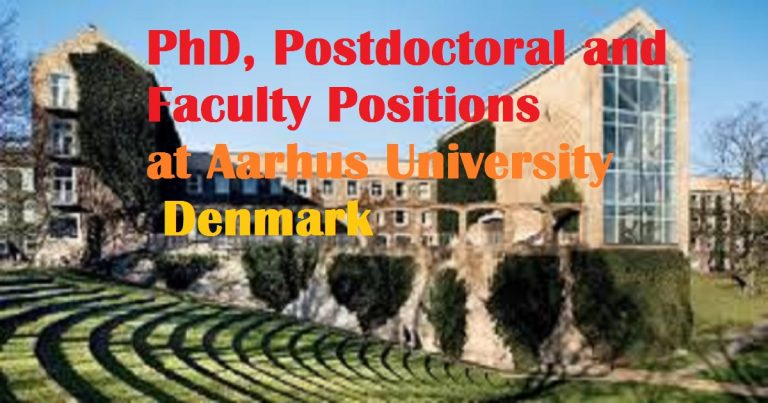The Max Delbrück Center for Molecular Medicine in Germany invites application for vacant PhD, Postdoc and Academic Positions, , Germany is one of the sixteen research centers of the Helmholtz Association of German Research Centres.
STARTS SEPTEMBER 01, 2022POSTDOC / SCIENTIFIC STAFF
Molecular mechanisms of environment sensing
We are looking for a highly motivated postdoctoral researcher to investigate the molecular mechanisms of rapid oxygen sensing, and the roles of RNA in this response.
STARTS SEPTEMBER 01, 2022PHD STUDENT
Molecular mechanisms of environment sensing
We are looking for a highly motivated PhD student to investigate the molecular mechanisms of rapid oxygen sensing, and the roles of RNA in this response.
STARTS JANUARY 01, 2023POSTDOC / SCIENTIFIC STAFF
Proteomics and Molecular Mechanisms of Neurodegenerative Diseases
Postdoctoral Position Interactomics of Huntington’s Disease
STARTS NOVEMBER 01, 2022ADMINISTRATIVE STAFF
Corporate IT
Sie sind verantwortlich für das IT-Sicherheits-Managementsystem und Ansprechpartner für alle Belange der Informationssicherheit. Sie berichten an den administrativen Vorstand und sind in der Corporate IT fachlich und organisatorisch verankert.
STARTS OCTOBER 01, 2022ADMINISTRATIVE STAFF
Topic Management Genes, Cells and Cell-Based Medicine
The Project Manager will report to the BIMSB Management and be responsible for a wide range of scientific, organizational and administrative tasks related to the MDC/BIMSB International PhD Exchange Program.
STARTS SEPTEMBER 01, 2022POSTDOC / SCIENTIFIC STAFF
Gouti Lab
We are looking for highly motivated, talented postdoctoral fellows to work on the development of novel organoid technologies that will enhance our understanding of human neuromuscular system development and disease.
STARTS OCTOBER 01, 2022ADMINISTRATIVE STAFF
Administrativer Vorstand
Es handelt sich um eine verantwortungsvolle und abwechslungsreiche Tätigkeit, die sich ideal als Referenz für eine weiterführende Führungs- oder Fachkarriere in Verwaltung in Wissenschaft, Kommunen oder auch der Wirtschaft eignet.
STARTS SEPTEMBER 01, 2022SCIENTIFIC-TECHNICAL STAFF
Molecular Epidemiology
Wir suchen zum nächstmöglichen Zeitpunkt eine*n MFA / MTA oder Gesundheits-und Krankenpfleger*in als Study Nurse (m/w/d) für die NAKO-Gesundheitsstudie.
STARTS SEPTEMBER 01, 2022SCIENTIFIC-TECHNICAL STAFF
AG Niendorf
We are looking for a Technical Assistant (m/f/d) in full-time (39 hrs/week) for the preparation and execution of mainly animal experimental research in the field of biomedical imaging in the research group for Experimental Ultrahigh Field Magnetic Resonance Imaging (MRI) at the Berlin Ultrahigh Field Facility (B.U.F.F., headed by Prof. Dr. T. Niendorf). The candidate will support the scientists in our group in the development, improvement and implementation of experimental investigation protocols.
STARTS OCTOBER 01, 2022ENGINEER
TFM Operation
Die Stelle umfasst die Projektbearbeitung aller Anforderungen aus dem Betrieb der Technischen Gebäudeausstattung der MDC-Gebäude sowie die ingenieurtechnische Wahrnehmung der Betreiberpflicht
Continue Reading



